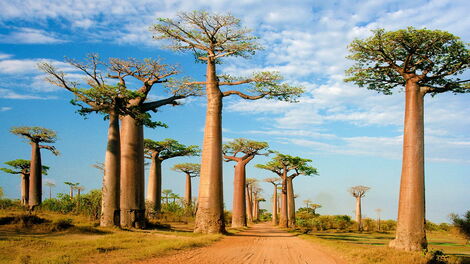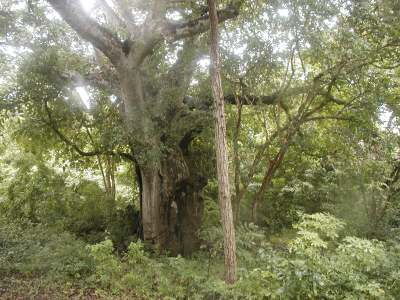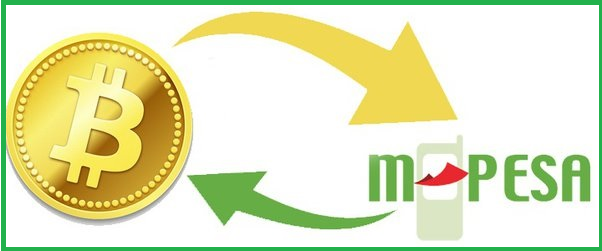President William Ruto has intervened after a company was cleared to uproot baobab trees from Kilifi for export to Georgia, USA.
In a statement on Monday, November 21, the Head of State directed the Ministry of Environment to open a probe into the agreement.
He noted that the state was interested in ensuring that Kenyans were beneficiaries in the project and that the exercise should be within the realm of Convention on Biodiversity and the Nagoya Protocol.
“I have instructed the Ministry of Environment and Forestry to look into the ongoing uprooting of Baobab trees in Kilifi County to ensure that it sits within the Convention on Biodiversity and the Nagoya Protocol.

“There must be adequate authorisation and an equitable benefit sharing formula for Kenyans. Further, the exercise must be in line with the Government’s agenda of planting 15 billion trees in the next 10 years,” he stated.
The directive is expected to pause the exercise that kicked off on Friday, November 18 with estimations indicating that eight trees had already been uprooted for export.
A report by Nation at the time detailed that the exercise had received a nod from the Kenya Plant Health Inspectorate Service (KEPHIS).
The National Environment Management Authority (NEMA) as well as the County Government of Kilifi had also approved the export.
According to the report, the export was aimed for botanical purposes and was expected to last for a period of two years.
The Nagoya Protocol, which was effected in 2014, champions for the access to genetic resources and the fair and equitable sharing of benefits arising from their utilisation.
At the time, the objectives of the agreement were the conservation of biological diversity, the sustainable use of its components as well as the fair and equitable sharing of the benefits arising from the use of genetic resources.
NEMA maintained, then, that it had visited the locations, Mtondia and Tezo, where the trees were to be uprooted from before giving the nod.
In the medical field, the botanical benefits of Baobab trees include treatment of diseases such as malaria, tuberculosis, fever, microbial infections and diarrhea among others.

Source: kENYANS.CO.KE











